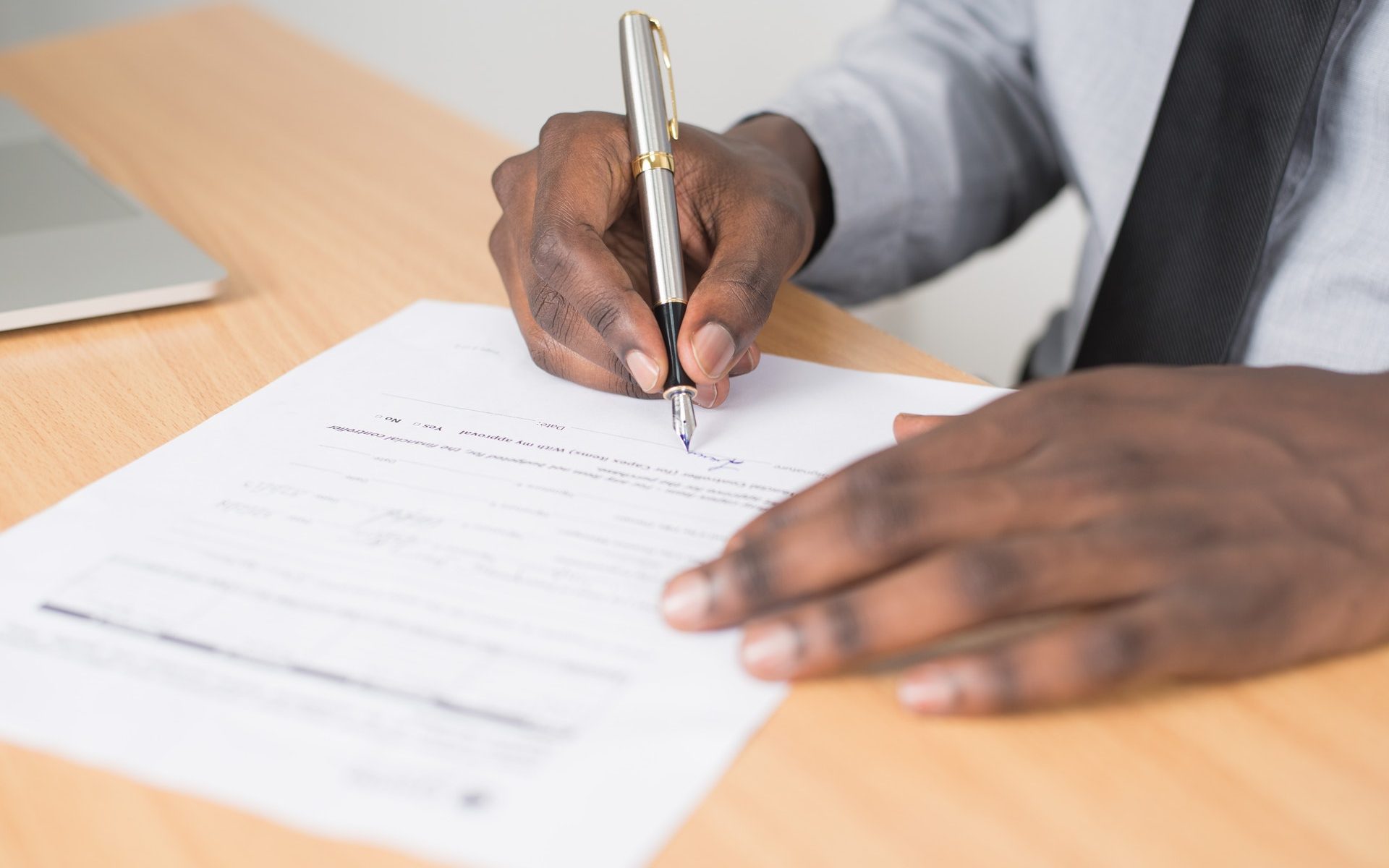
Understanding the fundamentals of conveyancing can be a little overwhelming for ordinary people attempting to buy or sell a house in Scotland – or both! The process is a little different from the one in England and Wales, and solicitors typically play a bigger role in proceedings, so we’ve put together a rough outline of what to expect.
What solicitors do
In Scotland, a solicitor is usually the first person you get in touch with when you want to put your property on the market or else buy a property. There are plenty of solicitors in Scotland who simultaneously act as estate agents, so they not only perform the legal work required, but also do some of the marketing and promotional work associated with listing and selling a house. A solicitor is usually a member of Solicitors and Property Centres which advertise properties. You may find an estate agent who is not a solicitor, but they are less common.
General steps
The solicitor is there to manage various aspects of the sale, including marketing the property, organizing the transactions, managing relevant negotiations about the contract itself by liaising with the buyer’s solicitor, and keeping important documents. For this last point, your solicitor will work to get a home report done, since this is a legal requirement in Scotland. We provide home reports in Glasgow, Edinburgh, and across the rest of Scotland.
The seller is responsible for paying for the home report, which costs upwards of £300 and scales up with the listed price of the home. Included in this report is a Property Questionnaire, a Single Surveyor, and an EPC or Energy Performance Certificate, which alerts potential buyers to the energy efficient of the property.
You can let your solicitor sort out these documents on your behalf or shop around for a report yourself. What’s important, however, is that you get a RICS certified surveyor to compile the report according to the regulations.
The contract
The solicitor’s main role is to draw up a contract after the main details of the house sale are decided. It’s the contract that allows for the official and legal transfer of property from one party to another, and is usually achieved via a series of missives (essentially, letters) between the buyer’s solicitor and the seller’s solicitor. If there are no complications or disagreements, these missives can be brief and concluded quickly. Since the buyer’s offer is typically subject to a survey of the property and relevant searches and checks, however, the process is seldom this straightforward.
Older properties are more likely to have outstanding repairs, and may more easily fail to meet certain regulations, delaying the process. This process is to protect the buyer, but the seller needs to be prepared for delays. Once this process is finalised, however, the solicitor will sort out the contractual details. This means obtaining and checking title deeds, confirming the sale on the land register, sending missives, setting a fixed date for the transaction and making sure that all necessary paperwork is correct.
At “conclusion of the missives,” the buyer needs to transfer funds to the seller’s account, and manage any details with the mortgage provider, if necessary. Then, if there are no problems, the sale is considered settled and final. All that’s needed then is for the buyer to collect keys from the seller and for the move to take place! Both solicitors will make sure that various taxes are sorted out (such as Land and Buildings Transaction Tax, LBTT, called stamp duty in Wales and England) but for all intents and purposes, the property is considered sold.
Other considerations
Of course, if you are also purchasing a property at the same time as selling one, you will also need to approach the transaction from the buyer’s perspective. This includes extra steps such as setting up a mortgage (if necessary), giving notice of your interest, making a formal offer, and have the property properly surveyed so you are not met with any nasty surprises after purchase. You will have to pay twice as much for conveyancing fees if you are both buying and selling, but you will only be liable to pay for the home report for the property you are selling, not buying.
Some people actually find home buying and selling relatively straightforward when compared to the process in Wales or England, since more is taken care of by solicitors, and home reports are available before the buyer makes an offer, meaning buyer’s don’t over-commit. The conveyancing period can last anywhere from 4 to 9 weeks, but will naturally depend on the complexity of the case. Nevertheless, with the right professionals involved, most home sellers find that the process is typically concluded before they know it!
